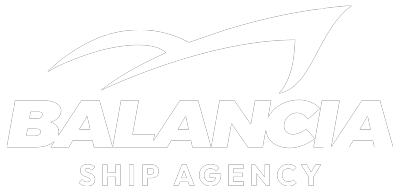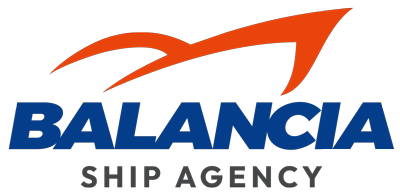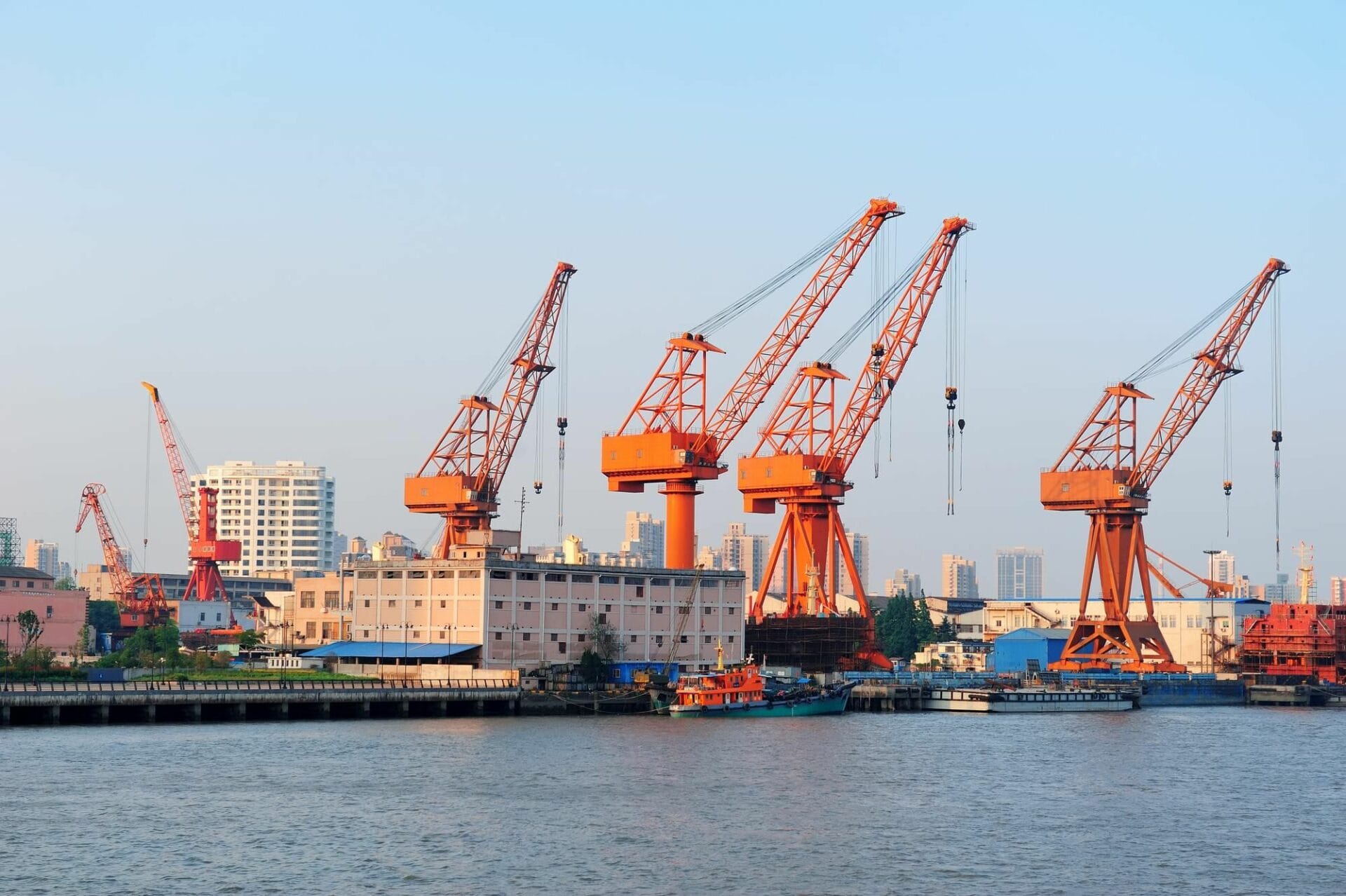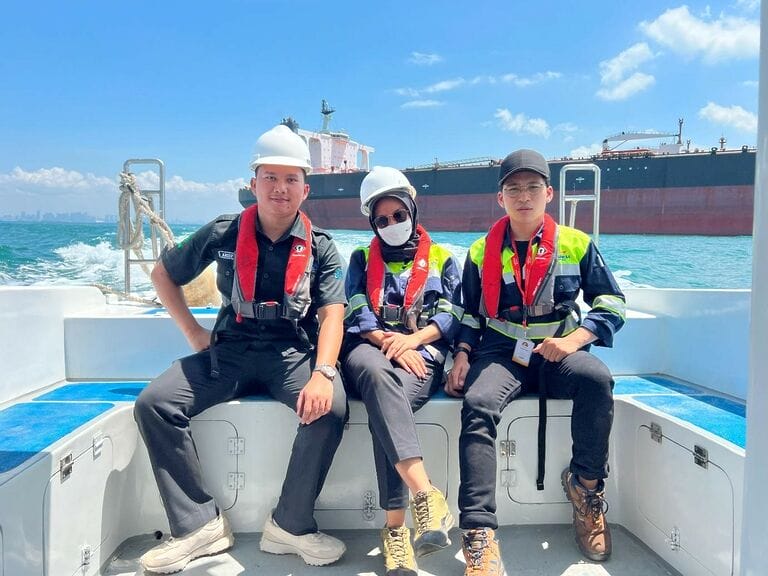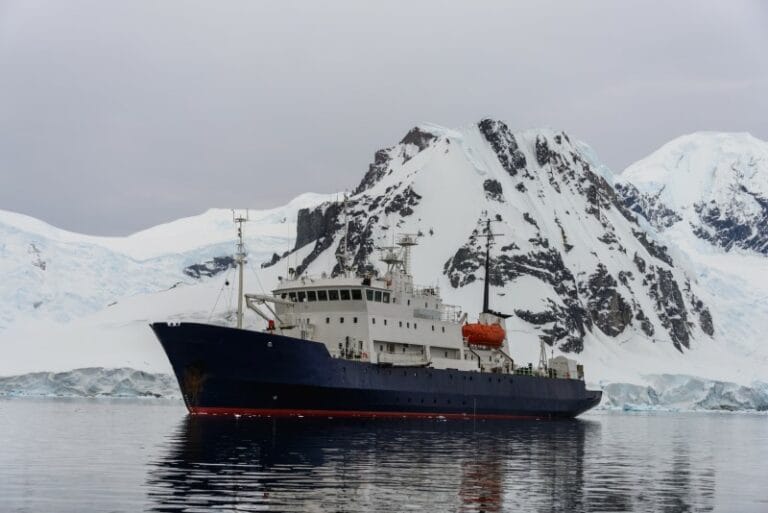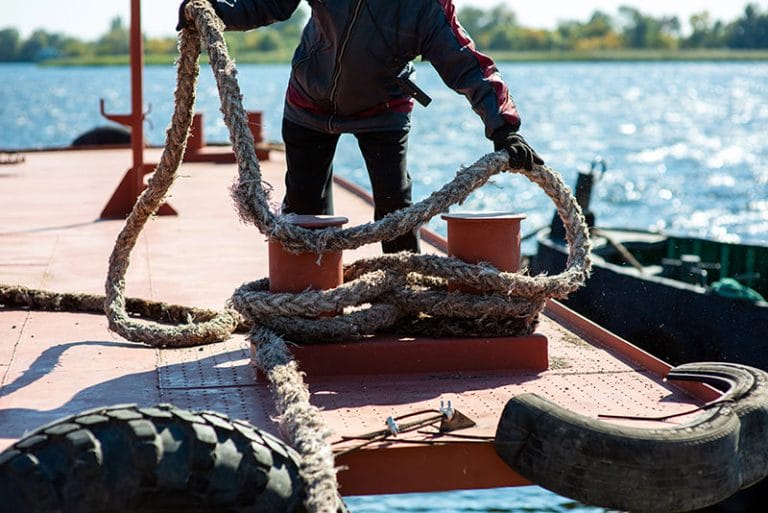Port of Call
What is the Port Of Call?
A Port of call is a designated location along a ship’s route where it pauses to load or unload cargo, embark or disembark passengers, or take on supplies such as fuel and provisions. It is typically an intermediate stop, rather than the ship’s final destination, and serves as a logistical hub for managing the flow of goods and people. Port of call can also refer to the specific city or town where the ship docks, and may include associated facilities such as a passenger terminal, cargo handling equipment, customs and immigration offices, and other support services. In some cases, a port of call may also offer opportunities for crew members and passengers to explore the local area or participate in organized excursions.
Ports of call refer to specific locations along a ship’s route where it makes scheduled stops for various purposes such as loading or unloading cargo, taking on supplies, and embarking or disembarking passengers. This term is commonly used in official shipping documentation to describe the logistics of a ship’s journey. While the term “port” can refer broadly to any location where ships can dock or load and unload goods, a port of call has a more specific meaning. It is a designated point in a ship’s itinerary, often an intermediate stop rather than the final destination, where specific operations take place.
For cruise ships, the port of call is an important element of the itinerary, as it is often the primary location where passengers embark and disembark for their vacations. Cruise ports are considered a sub-division of sea harbors, which also include cargo ports and other maritime facilities.
Voyage and Port of Call
The terms “voyage” and “port of call” are closely related and work together to describe the itinerary and logistics of a ship’s journey.
A voyage is typically defined as a journey by sea from one port to another, including any necessary stops or detours along the way. This can include multiple port of calls, which are specific locations where the ship stops to load or unload cargo, take on supplies, or embark or disembark passengers.
The definition of a voyage can vary depending on the type of ship and the nature of its operations. For example, for naval vessels, a voyage may be considered as going from the first port of call to the last port of call and then returning to the first port of call again. However, for cargo and passenger ships, a voyage may involve traveling between specific ports of call, such as from port A to port D with stops at ports B and C along the way.
Ultimately, the specific itinerary of a ship’s voyage depends on a variety of factors, including the type of cargo or passengers being transported, the shipping company’s policies, and the trade route being followed. Together, the terms “voyage” and “port of call” provide a comprehensive understanding of the logistics and operations of a ship’s journey by sea.
Blank Sailing
When a ship operator cancels a port of call, the ship must divert from its scheduled route, and this is known as “blank sailing.” During blank sailing, the ship does not attend the assigned port or series of ports, and any cargo that was intended for that port must be handled differently. If there were cargoes to be loaded from the canceled port, the company will assign another vessel to attend to that cargo. Alternatively, if the ship was scheduled to discharge cargo in the canceled port, the company may decide to unload it at the next port and arrange for the transit of the cargo via another vessel, depending on the freight requirements.
There are several reasons why blank sailing may occur. One reason may be a reduction in the capacity of a particular route, which calls for blank sailing to stabilize freight rates. Another reason could be if the vessel is sold to another operator or goes off-hire. Accidents or damages to the vessel that require urgent repairs may also necessitate blank sailing to a specific or nearest available port. Blank sailing may also occur due to strikes by unions or other reasons that prevent the ship from docking at a particular port. Additionally, non-availability of a berth in the port due to closure, repair, or heavy traffic may also result in blank sailing.
In short, understanding the terminology and logistics of the shipping industry is essential to ensure the smooth operation of cargo and passenger ships. Terms such as “port of call” and “voyage” work together to provide a comprehensive understanding of a ship’s itinerary and route. An empty voyage, on the other hand, is a necessary occurrence when a ship operator cancels a port of call for various reasons, and requires adjustments to the ship’s cargo handling and transit arrangements. By knowing these industry requirements and practices, stakeholders can navigate the shipping industry more effectively and efficiently.
Need Help At Sea ? Contact Us Now!
BALANCIA SHIP AGENCY
HQ Address : Komplex Ruko Golden City Block C No.3A, Batam City, Indonesia 29432
www.balancia.co.id
Mobile Ph. : +628112929654
Office Ph. : +627784883769
